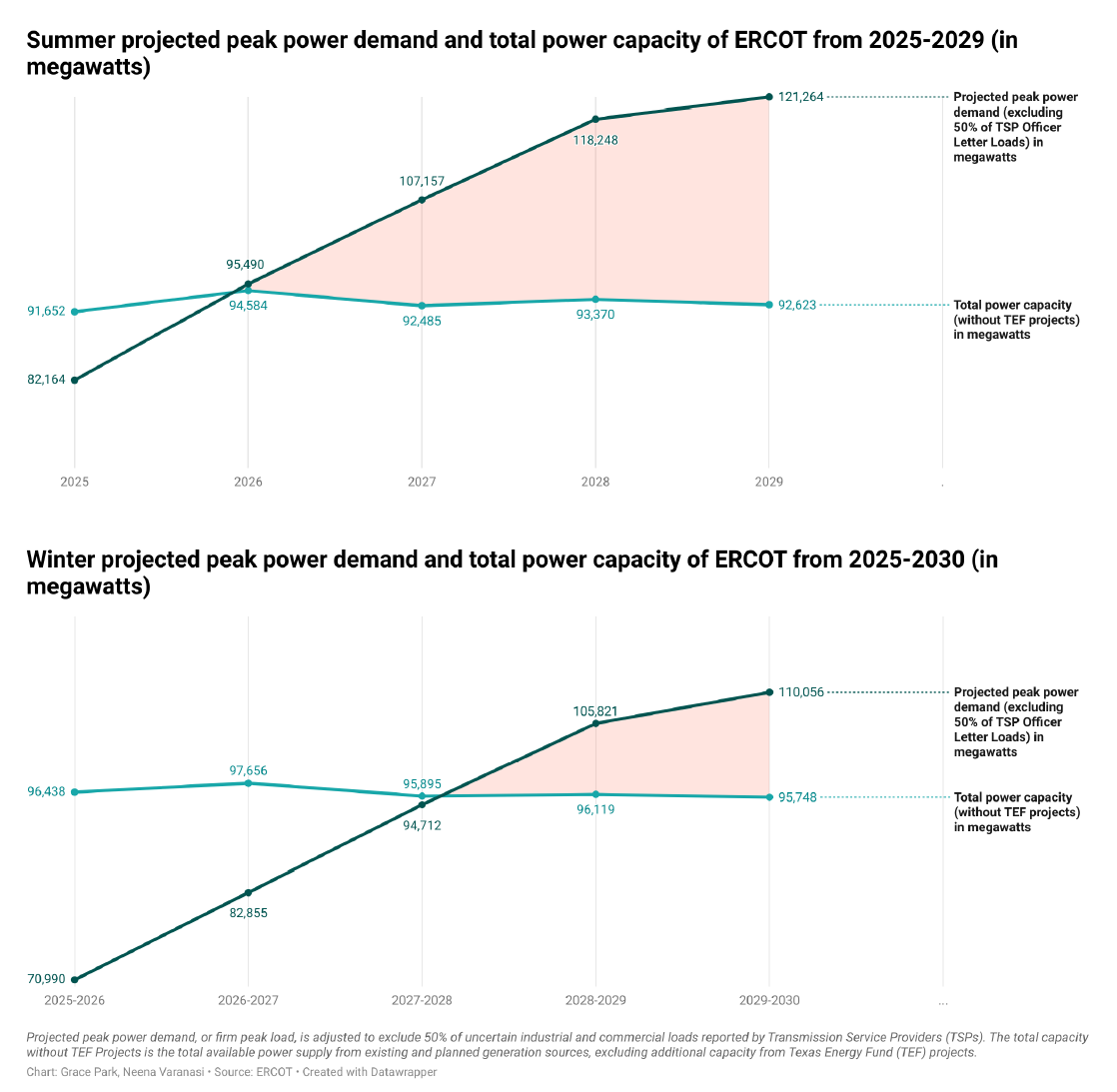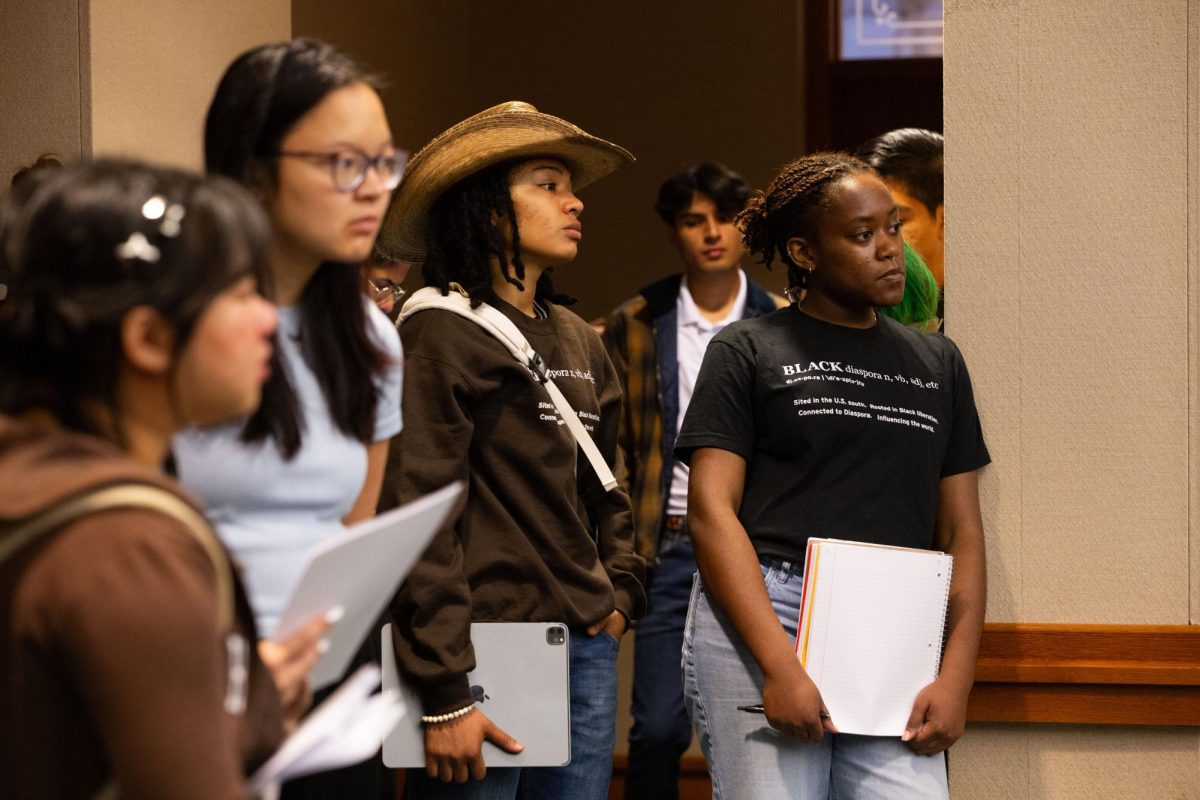Sixty construction projects across Texas, including UT’s planned $310 million Cockrell Engineering Education Research Center, could be delayed for years if a funding issue is not resolved during the ongoing special legislative session.
UT expected to receive $95 million from the state for its engineering research center before the two proposals for billions of dollars in tuition revenue bonds sank in a bureaucratic stalemate during the final days of the 83rd regular legislative session. Construction for the engineering research center was scheduled to begin this summer and the center is expected to be completed by late 2015. However, UT officials have said completion could be delayed without state money.
The legislation had widespread support during the regular session, and three legislators have filed proposals to fund campus construction projects in the special session. Even though UT’s Cockrell School of Engineering is one of the top 10 engineering schools in the U.S., its building is smaller compared to those of peer institutions. Officials say UT needs the additional space to recruit and retain the best staff and students in the nation.
Although lawmakers have already filed bills to revive the issue in the special session, they are only allowed to vote on issues Gov. Rick Perry chooses. Currently, Perry only has political redistricting on the agenda, but said he will consider adding tuition revenue bonds as an issue if he feels lawmakers can work together on the legislation. Tuition revenue bonds are tuition funds awarded by the UT System for special projects. UT is later reimbursed by the state.
State Sen. Judith Zaffirini, D-Laredo, authored the Senate’s original tuition bond proposal and said she is confident the two chambers would work together if afforded the opportunity.
“There is no doubt in my mind,” Zaffirini said. “There’s exceedingly widespread support for this issue. It’s a priority for many people.”
Peer engineering programs, including Georgia Institute of Technology and the Massachussetts Institute of Technology, across the country have had from 400,000 to more than 1 million square feet added to their facilities in the past eight years to accommodate new growth and development, according to the Cockrell School of Engineering’s website. UT has only added 144,000 square feet in the past 25 years for engineering.
The stalemate began with Senate Bill 16, which was approved by the Senate with $2.4 billion in bonds. The bill was then taken to the House, where legislators increased the bond amount to $2.7 billion. The Senate refused to accept the changes, the House refused to appoint a committee to debate the issue and the bill died hours before the end of the session.
The UT System Board of Regents has collected some of the money needed to complete the $310 million project by using $105 million from the Permanent University Fund and $5 million from UT-Austin. The remaining cost was to be covered by $95 million in bonds from the state and another $105 million in donations from alumni.
Sen. Kel Seliger, R-Amarillo, and Rep. Dan Branch, R-Dallas, both filed proposals during the special session that would fund projects using tuition revenue bonds. Sen. Kirk Watson, D-Austin, also introduced a separate proposal to solely fund the remaining $95 million needed to complete the UT’s engineering research center.
Zaffirini said buildings like the engineering research center are critical at a time when enrollment numbers are surging and the state continues to rely on flagship research institutions to attract the best students and staff in the nation.
“The legislature expects UT to strive for excellence,” Zaffirini said. “UT needs to recruit and retain the best. In order to do that, they need state of the art facilities.”
Follow Alberto Long on Twitter @albertolong.




















